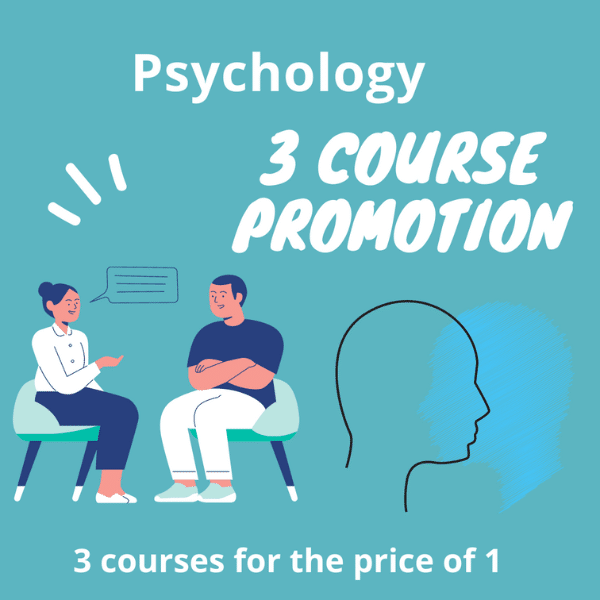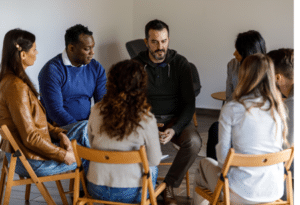Gratitude Practice: Do not underestimate the importance of positive thinking and maintaining a gratitude journal to record all the good things in your life. Practice gratitude by listing the things you are grateful for in a diary or a journal, writing thank you cards and notes, or set some time each day to give yourself a reason to be thankful for.
Savor Positive Moments: Smile more and make sure to stay in those moments of happiness, amazement, or simple satisfaction. Take some time and close your eyes; let the feel good hormones flow through your body and do what makes you happy.
Cultivate Optimism: Counter negative thinking and replace those thoughts with more positive and realistic ones. Maintain a process of redefining any failure as a chance for development.
Mindfulness Meditation: Spend some time in a period of silent meditation where you concentrate on your breath, bodily sensations, or the present moment. This assists in developing awareness, decreasing stress and thereby improving overall health and well being.
Acts of Kindness: Be generous with your time and actions towards your fellow human beings. This could range from giving your time and effort to a neighbor or a friend, to a simple word of encouragement to a stranger.
Pursue Meaningful Goals: When pursuing specific goals, make sure they are based on something valuable and interesting to you. Pursuing a goal has the potential to give a person direction, purpose, and a sense of accomplishment.
Nurture Strong Connections: Spend quality time with your family, friends and loved ones. Make time for as many meaningful conversations as you can, share activities, and expressions of love and appreciation.
Take Care of Your Body: Whilst exercising daily, eat balanced meals, have adequate rest and sleep, plus manage your relaxation time.
Learn and Grow: Embrace the concept of lifelong learning as a primary aspect of life and be willing to take risks and learn new skills. Acquiring more knowledge and skills can be empowering and can pave the way to greater opportunities.
Seek Support When Needed: If you are finding it hard to cope or if you feel overwhelmed for any other reason, remember that help is available; you can talk to friends or family; see a therapist; even join a support group. It is also important to remember that it is okay to seek help when one feels overwhelmed and that it is a sign of strength, not weakness.








